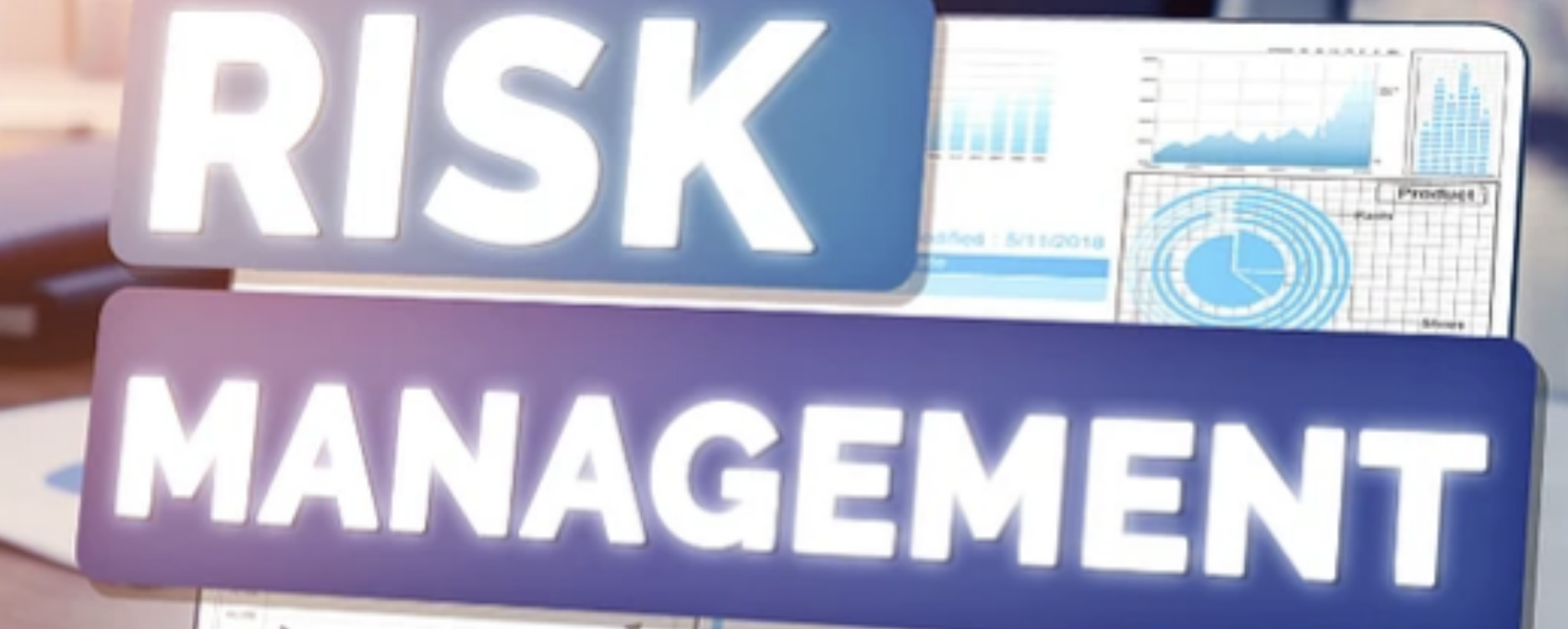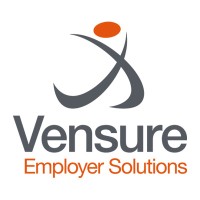Education
Written by
Please note the content is for informational purposes only and not to be relied on

How to Leverage a PEO as a Trusted Compliance Partner
One of the most time-consuming tasks for a business is managing compliance. From safety and workers’ compensation to labor laws and regulations, there’s a lot to stay updated on. Part of the value of partnering with a professional employer organization (PEO) is their compliance management and risk mitigation knowledge.
A PEO employs experts in both safety and human resources who stay up to date on regulatory and risk compliance for businesses as well as work with you on a plan and strategy to mitigate any potential perils with both workplace safety and employee relations. Here’s everything you need to know about how PEO risk management will help your business stay compliant.
What is Risk Mitigation?
Risk mitigation—also referred to as risk management—involves identifying all possible and potential hazards your business may face and developing a plan to prevent them. This includes dangers from employees tripping over an exposed cord in the office to much more complex risks that might be specific to a certain type of job or job site—a construction site for example. While not physical, data and financial risk also fall under this category.
Risk management prepares your business and employees for all possible disruptions and challenges you might experience. By identifying risks and establishing a plan for addressing them, you are equipping your team to make better decisions. There are also leadership implications with risk mitigation. Without proper plans in place, your employees may not have a clear idea of who to go to or what to do when incidents occur.
Why Partner with a PEO for Compliance and Risk Management?
PEOs provide your business with the resources and guidance to develop risk management strategies and compliance solutions. A PEO is a type of company that provides administrative solutions to small to medium-sized businesses through a co-employer relationship.
Co-employment means the PEO assumes the responsibility of being the employer of record, while you maintain the responsibility—and ownership—of your day-to-day core operations. PEOs generally provide payroll, human resources, safety and workers’ compensation, employee benefits (health, dental, supplemental, etc.), and regulatory compliance.
Through PEO risk management, you’re able to proactively mitigate risk with helpful training, identify vulnerabilities, and ensure compliance with local, state, and federal workplace safety laws and regulations such as the Occupational Safety and Health Administration (OSHA). PEOs also offer workers’ compensation insurance through their plans, often at a lower cost and rate than traditional insurance carriers. Your PEO partner can work with you to develop safety plans and procedures to avoid injuries and protect your business from possible fines and noncompliance.
What Types of Risks Can PEOs Manage?
In addition to physical workplace injuries, there are several other risks that PEOs can help your business mitigate.
Workers’ Compensation
By offering workers’ compensation insurance, PEOs can ensure your employees and your business are covered in the event of an employee workplace injury. These can be costly, but with the right coverage in place, you can soften much of the financial loss associated with injuries. With a PEO, the injury claims are handled by your workers’ compensation team, saving you the time and stress of dealing with it on your own.
Workplace Safety
According to OSHA, the most violated OSHA standards include lack of training, improper use of tools, lack of personal protective equipment (PPE), inadequate risk management, and poor hazard communication. Slips, trips, and falls are among the highest reported injuries according to OSHA as well. With a PEO partner, you can avoid these common workplace safety risks. PEOs are well-versed in the latest OSHA standards and work with businesses to identify the most probable dangers and develop plans to diminish them. They’ll also provide the necessary employee training to make sure your team understands their role in the risk management process.
Regulatory Compliance
In addition to regulatory compliance in workplace safety, PEO compliance also includes local, state, and federal labor law compliance. Each state typically has its own set of regulations when it comes to employment laws, and these are changed and updated almost yearly—sometimes even more often. In addition, the federal government has specific labor practices employers are obligated to be compliant with. With so many regulations, it’s almost impossible to keep up, especially when you are also growing and operating a business.
PEOs alleviate much of the regulatory compliance burdens. As the co-employer, PEOs are often the party responsible for implementing any employment practice requirements, including tax reporting, for both federal and state. This means your PEO is up to date on all changing compliance and works proactively with your business to ensure all compliance aspects are met. This is especially helpful if you operate or employ people in multiple states. Your PEO will help you navigate the different state and local labor laws to aid compliance no matter where you operate.
Employee Relations
In addition to safety and regulatory compliance, PEOs are also helpful when it comes to managing employee relations. Human resources (HR) comes with its own set of compliance. The Department of Labor (DOL), Equal Employment Opportunity Commission (EEOC), and Fair Labor Standards Act (FLSA) all have legal requirements and employment practices employers are obligated to be compliant with. Most of which fall under the HR category.
Many states require sick pay and paid leave under the Family Medical Leave Act (FMLA) and employers need to make sure they are providing and documenting it properly via payroll. By partnering with a PEO, these employment regulations are managed and updated through your HR and payroll teams, eliminating the need for you to stay updated on all the changing requirements.
There are also many employment practices related to performance, hiring and firing, and reporting. When partnering with a PEO, you gain access to a team of HR professionals that act as your HR department, or an extension of it, and can provide the right guidance on how to navigate these employment practices and ensure you are covering your business from any potential employment claims.
What Are the Benefits of Partnering with a PEO for Compliance Purposes?
There are many benefits to working with a PEO rather than handling compliance on your own. Benefits include:
Cost savings
Partnering with a PEO saves you costs associated with non-compliance. This includes any fines, penalties, and potential legal fees. While you will pay your PEO a service fee, their risk prevention plans and strategies will help you save thousands in potential out-of-pocket costs associated with covering a workplace injury or employment violation.
Better workers’ compensation rates
PEOs generally have more cost-effective rates for workers’ compensation. This is because insurers view PEOs as larger companies giving them better buying power. This results in lower workers’ compensation premiums that your PEO can pass along to your business.
Fewer administrative tasks
In addition to handling the workers’ compensation claims process, PEOs also manage payroll, benefits, and HR, taking most of the burdensome administrative tasks off your plate. This frees up more time for you to focus on growing your business and managing its core operations.
Access to expertise
PEOs bring invaluable expertise to your business. Not only do you gain an expert in payroll/benefits administration and taxes, but you also work with seasoned HR and safety professionals who understand your business, industry, and the ever-changing world of compliance.
Let’s Get, and Stay, in Compliance Together
By now you’re well-versed in how a PEO can ensure your business can mitigate risk. But how do you move forward? With Vensure Employer Solutions. Let our team of HR and Safety professionals help get your business on the right track to risk prevention with effect
Please note the content is for informational purposes only and not to be relied on
